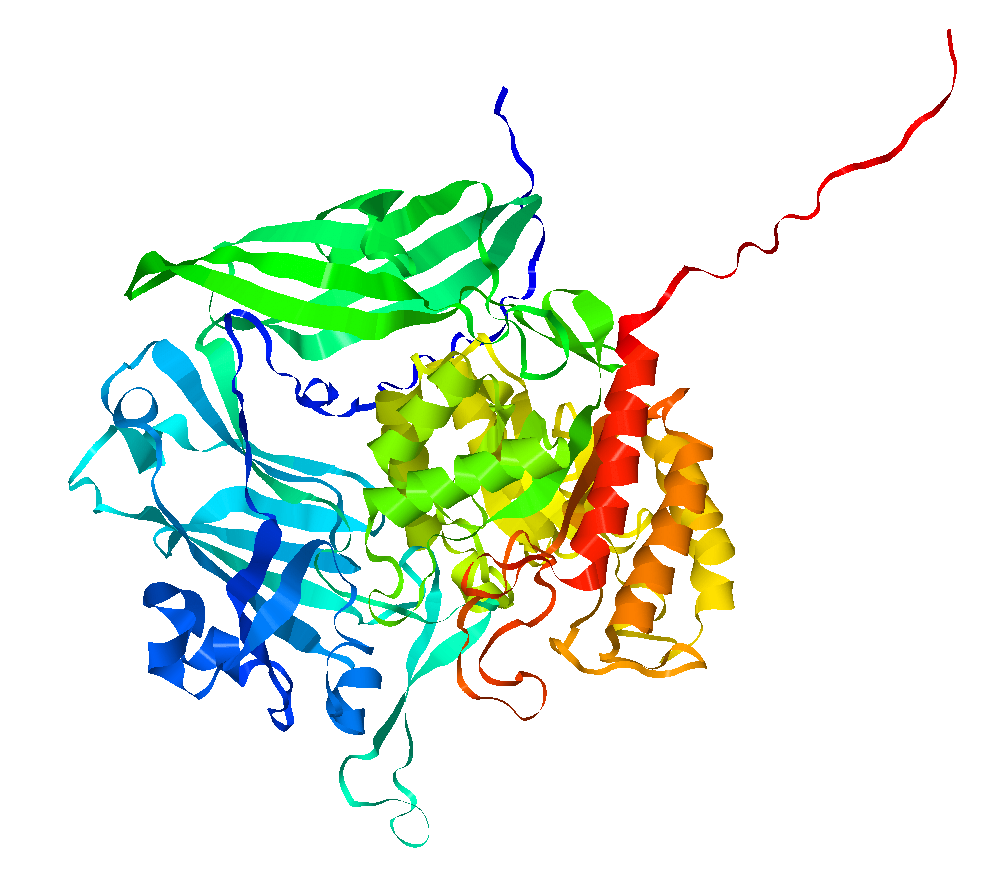Introduction
Mucopolysaccharidosis (MPS) VII (Sly Syndrome) is an ultra-rare, autosomal recessive, progressively debilitating and life-threatening lysosomal storage disorder with an estimated prevalence of <1/345,000-5,000,000. (1,2) Patients with MPS VII are deficient in β- glucuronidase (GUS, encoded by the GUSB gene), an enzyme required for degradation of the glycosaminoglycans (GAGs). GUS deficiency leads to progressive accumulation of partially degraded GAGs in the lysosomes of affected tissues, causing progressive cellular damage and multi-organ dysfunction.(2,3)
MPS VII patients present variably with short stature, growth imbalance, hepatosplenomegaly, cardio-pulmonary signs, skeletal abnormalities, and variable cognitive impairment (1, 2). The most severe forms of MPS VII present with non-immune hydrops fetalis (NIHF).(3) MPS VII is diagnosed clinically in association with GUS enzyme deficiency and/or in association with two disease-associated variants in the GUSB gene.(1,4)




